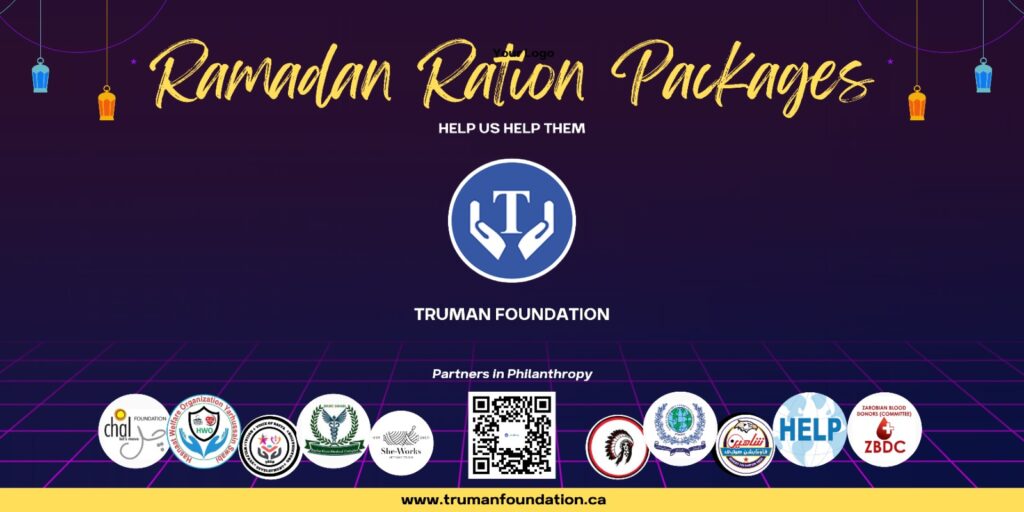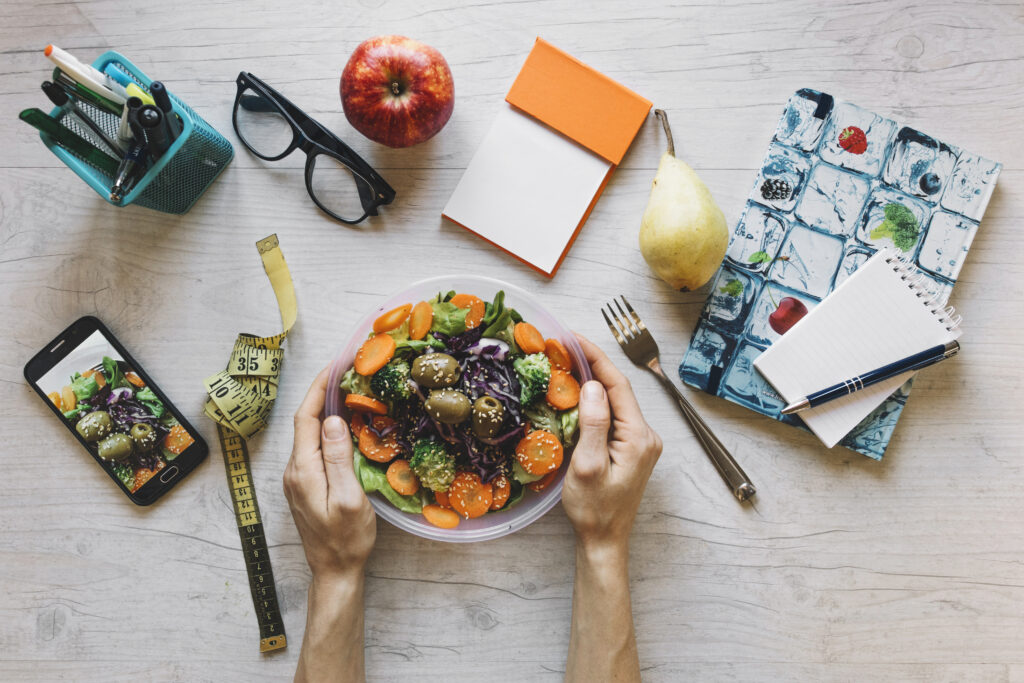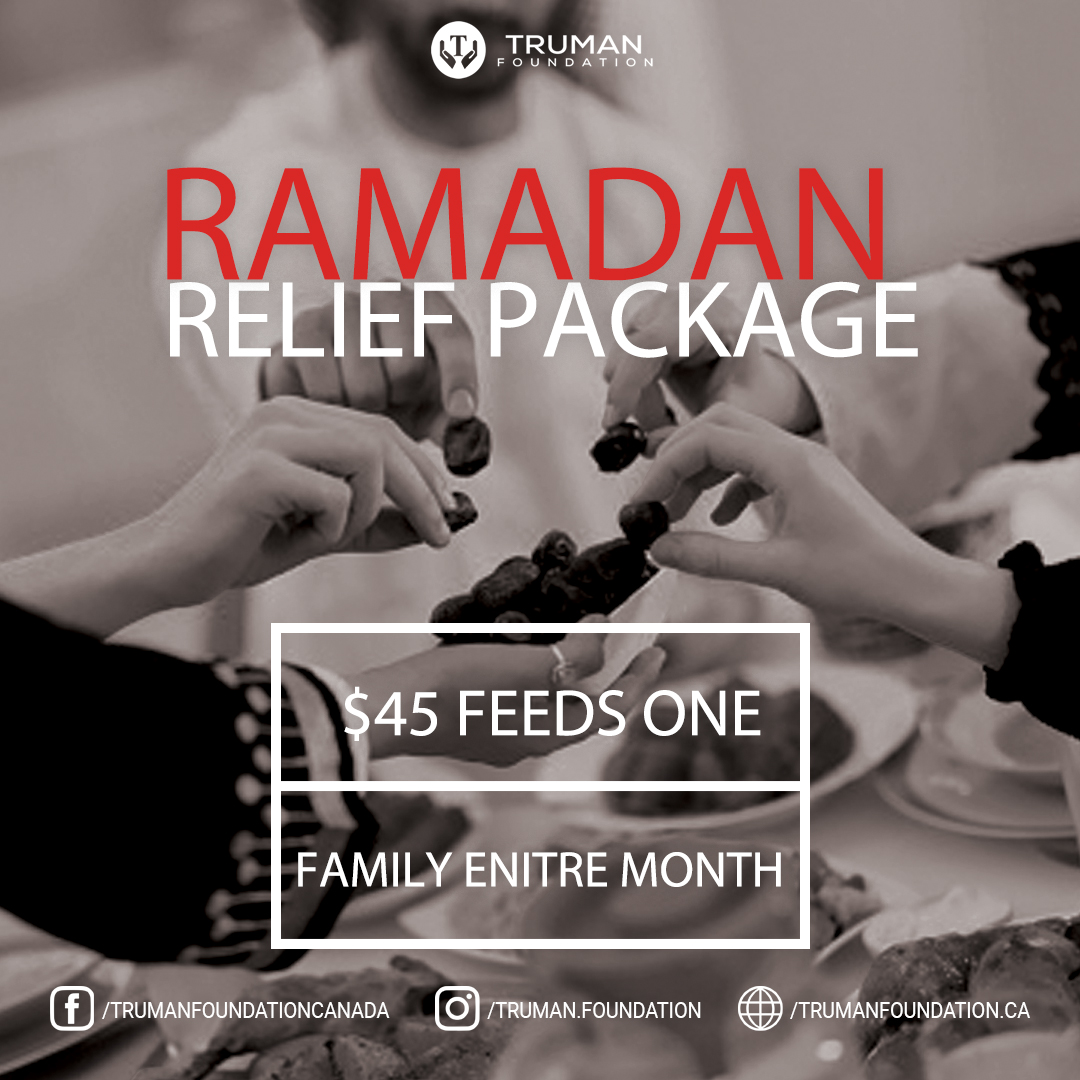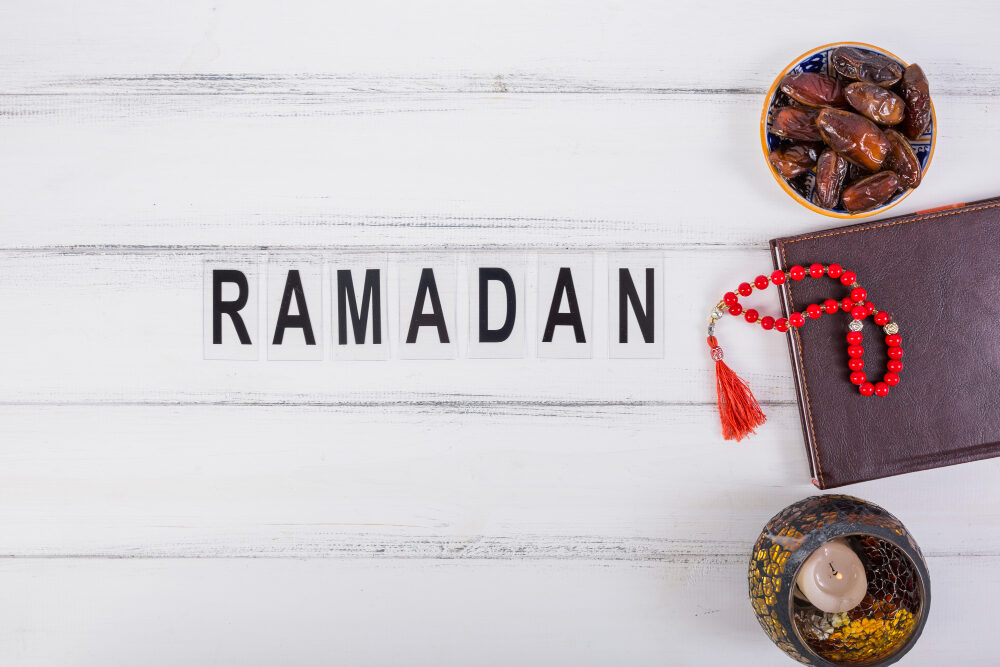Healthy Fasting Tips
Introduction
Ramadan, the holy month observed by Muslims worldwide, is not only a time for spiritual reflection but also a period of physical cleansing and renewal. As believers fast from dawn till dusk, it’s crucial to maintain a balanced diet, stay hydrated, and manage sleep cycles to ensure optimal health and well-being. In this article, we’ll explore some essential tips for healthy fasting during Ramadan, addressing common questions and concerns.

What is a healthy fasting routine?
A healthy fasting routine involves abstaining from food and drink from dawn (Fajr) until sunset (Maghrib) while also focusing on spiritual practices such as prayer, Quranic recitation, and acts of charity. It’s essential to start the day with a nutritious pre-dawn meal (Suhoor) and break the fast with dates and water at sunset.

What is the best way to start fasting?
The best way to start fasting is by gradually adjusting your eating and sleeping patterns in the days leading up to Ramadan. Begin by waking up earlier for Suhoor and gradually reducing meal sizes during the pre-dawn meal.
What to avoid when fasting?
Avoid consuming excessively fatty or sugary foods during Suhoor and Iftar (breaking fast). Opt for complex carbohydrates, lean proteins, fruits, and vegetables to maintain energy levels and prevent dehydration.
How can I eat healthy while fasting?
Focus on consuming a balanced diet that includes all essential nutrients during Suhoor and Iftar. Incorporate foods rich in fiber, vitamins, and minerals to promote digestive health and overall well-being.
How long is it safe to fast?
Fasting from dawn till dusk is safe for most healthy adults. However, individuals with medical conditions such as diabetes or pregnant or nursing women should consult with a healthcare professional before fasting.
What is the best time to eat during fasting?
The best time to eat during fasting is during Suhoor and Iftar. Suhoor should be consumed before dawn to sustain energy levels throughout the day, while Iftar should include a balanced meal to replenish nutrients and fluids.

Can I drink milk after fasting?
Yes, drinking milk after fasting can help replenish lost fluids and provide essential nutrients such as calcium and protein. Opt for low-fat or skim milk for a healthier option.
Start with a Balanced Suhoor
Suhoor, the pre-dawn meal, is crucial for sustaining energy levels throughout the day. Begin with a balanced meal that includes complex carbohydrates, protein, healthy fats, and fiber. Opt for foods like whole grain bread, eggs, yogurt, fruits, and vegetables to provide lasting energy and keep you feeling full.
Hydrate Well During Non-Fasting Hours
Staying hydrated is essential during Ramadan, especially in regions with high temperatures. Aim to drink plenty of water between Iftar (breaking fast) and Suhoor to prevent dehydration. Avoid caffeinated and sugary beverages, as they can lead to increased thirst and energy crashes.
Break Your Fast Mindfully
When it’s time to break your fast at sunset, start with a few dates and water to replenish lost fluids and regulate blood sugar levels. Follow this with a balanced meal that includes lean protein, carbohydrates, and vegetables. Avoid overeating or indulging in heavy, fried foods, as this can lead to digestive discomfort and fatigue.
Opt for Nutrient-Dense Foods
Focus on consuming nutrient-dense foods that provide essential vitamins, minerals, and antioxidants. Include a variety of fruits, vegetables, whole grains, lean proteins, and healthy fats in your meals to support overall health and well-being.
Practice Portion Control
While it can be tempting to overeat during Ramadan, practicing portion control is key to maintaining a healthy diet. Listen to your body’s hunger and fullness cues, and avoid filling your plate with more food than you need. Eating slowly and mindfully can help you enjoy your meals while preventing overindulgence.
Limit Sugary and Processed Foods
During Ramadan, it’s common to indulge in sweet treats and processed snacks. However, these foods can lead to fluctuations in blood sugar levels and energy crashes. Limit your intake of sugary and processed foods, and opt for healthier alternatives like fresh fruits, nuts, and homemade snacks.
Stay Active
Maintaining regular physical activity during Ramadan is important for overall health and well-being. Incorporate light exercise such as walking, stretching, or gentle yoga into your daily routine, preferably during non-fasting hours. Listen to your body and adjust the intensity of your workouts as needed.
Get Adequate Sleep
Sleep plays a crucial role in maintaining physical and mental health during Ramadan. Aim to get enough restful sleep each night to support your body’s natural rhythms and energy levels. Create a relaxing bedtime routine and avoid stimulating activities before bedtime to promote quality sleep.
How long should I fast to lose weight?
The duration of fasting required for weight loss varies depending on individual factors such as metabolism, dietary habits, and activity levels. It’s essential to focus on sustainable lifestyle changes rather than quick-fix solutions for long-term weight management.
In conclusion, maintaining a healthy lifestyle during Ramadan involves more than just abstaining from food and drink. By following these tips for healthy fasting, including a balanced diet, adequate hydration, and proper sleep, you can ensure physical and mental well-being throughout the holy month. Additionally, consider the impact of charity during Ramadan by supporting initiatives like the Truman Foundation’s “Maximizing Impact: Charity in Ramadan 2024”, which aims to make a difference in the lives of those in need. Wishing you a blessed and fulfilling Ramadan!




